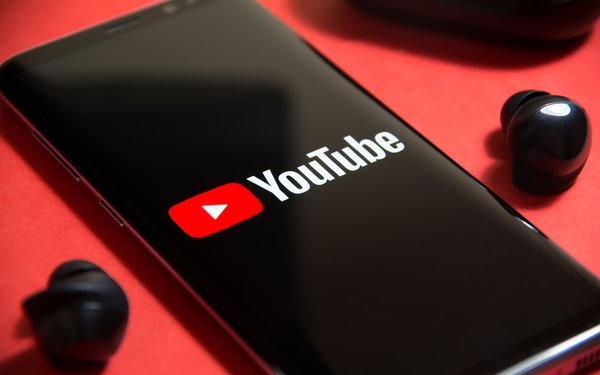
A federal judge has again dismissed claims that YouTube,
Hasbro, the Cartoon Network and other companies violated children's privacy by allegedly tracking them in order to serve them with targeted ads.
In a ruling issued Thursday, U.S. District
Court Judge Beth Labson Freeman in San Jose said the federal Children's Online Privacy Act -- which does not provide for private lawsuits -- precludes children younger than 13 from suing over online
tracking.
But Freeman's ruling allows lawyers for the children to amend their complaint and refile it on behalf of users who are between the ages 13 and 16.
The decision stems from a
lawsuit brought in 2019 by California resident Nicole Hubbard against YouTube and various companies that had channels on the video platform -- including Hasbro, the Cartoon Network, Mattel, and
DreamWorks.
advertisement
advertisement
Hubbard alleged in a class-action complaint that her 5-year-old child, identified only as “C.H.,” watched YouTube channels aimed at children -- including Ryan
ToysReview, Hasbro's “My Little Pony Official,” and CookieSwirlC.
The lawsuit was filed around two months after Google agreed to pay $170 million to settle allegations by
the Federal Trade Commission and New York Attorney General that YouTube violated the federal children's privacy law by collecting data from YouTube viewers younger than 13.
Hubbard's
complaint, later joined by other parents, focused on California state law claims, including “intrusion upon seclusion” -- a broad privacy concept that involves “highly
offensive” conduct.
Google and the other companies argued that the gist of the complaint stemmed from the federal Children's Online Privacy Protection Act, which prohibits online
companies from collecting personal data from children younger than 13, without their parents' permission.
That law allows for enforcement actions by the Federal Trade Commission and state
officials, but not private citizens.
Last December, Freeman sided with Google and the other companies. She said in a written opinion that the privacy claims at the center of the case were all
premised on the Children's Online Privacy Protection Act, and were therefore precluded by that law. She dismissed the claims at the time, but allowed the plaintiffs to amend their allegations and
bring the case again.
In March, counsel for Hubbard and the others filed an amended complaint.
Google and the other companies urged Freeman to dismiss the case again, arguing that the
claims still are based on the Children's Online Privacy Protection Act, or COPPA.
Lawyers for the children countered that their claims were rooted in norms surrounding privacy, and not the
federal children's privacy law
“Plaintiffs do not bring claims under COPPA,” the children's attorneys argued. “Rather, COPPA embodies -- but is not the sole expression of --
the societal norms and policies that Defendants violated when they invaded the privacy of minors. For minors 16 and under, these privacy protections are acute, given children’s inherent
vulnerabilities.”
Freeman again sided with Google and the channel operators, ruling that the federal law precluded lawsuits over online tracking of children younger than 13.
"With regards to the plaintiffs in this case -- all children under thirteen years old--the court finds this alleged conduct squarely covered, and preempted, by COPPA and its exclusive remedial
scheme that vests enforcement authority in the FTC and state attorneys general," she wrote.
Lawyers for the plaintiffs said they sought to
represent any users under the age of 17, and argued to Freeman that even if she claims for children 12 and younger were precluded, the lawsuit should still proceed on behalf of teens ages 13-16.
Freeman said in her ruling that none of the plaintiffs named in the complaint were between 13 and 16, but the ruling allows class counsel to attempt to find teens in that age group who are willing
to sue, and then file a complaint on their behalf.